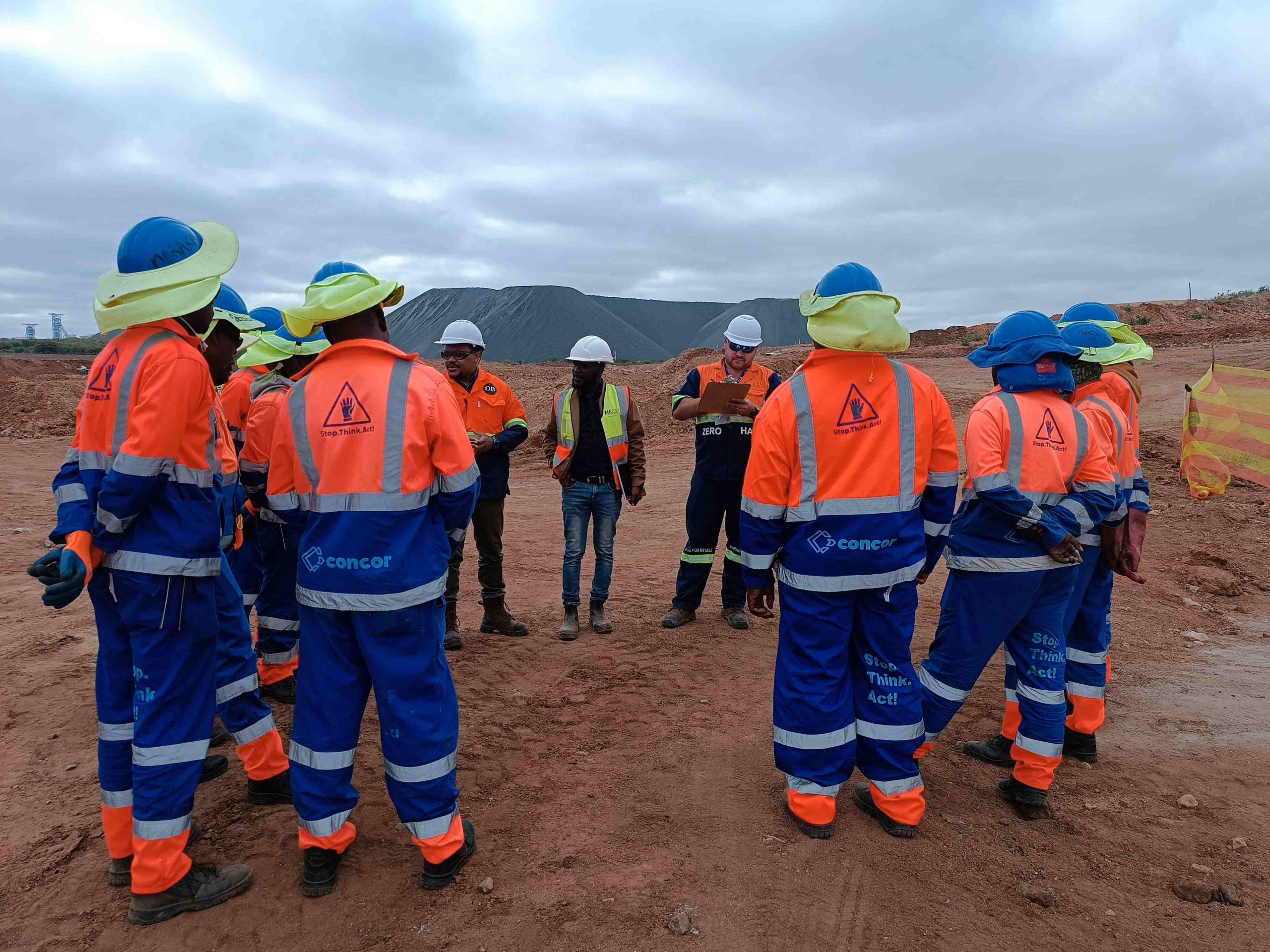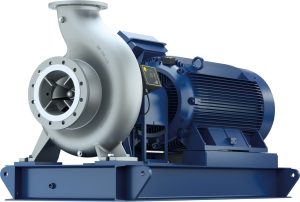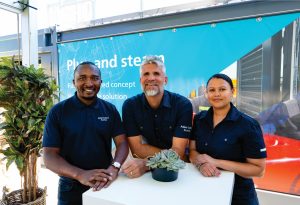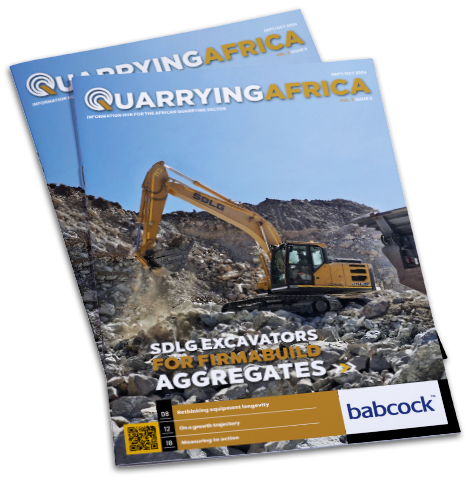A focus on quality is taking Concor Construction’s performance from good to great, according to Senior QA/QC Manager David Akinnusi. The quality journey is closely measured, driven by a range of programmes and an overarching ‘Build to Last’ campaign.
Akinnusi says the quality journey has led to significant advances in the company’s key performance indicators (KPIs). For instance, there has been a 30% improvement in the company’s pass rate for first-time inspections in recent years.
“Our continuous attention to quality is taking us from good to great,” explains Akinnusi. “An important factor driving this process has been our ‘Build to Last’ quality initiative, which we launched two years ago.”
This commitment, he says, means creating an enabling environment for high performance by all Concor employees – to build long lasting structures that satisfy clients. The quality philosophy drives this performance through excellent workmanship, delivered consistently in every project.
“By carefully managing our work processes, we ensure the quality of our outputs or end-results,” he says. “Our quality system also benchmarks these processes against world class standards; the system itself complies with ISO 9001:2015, while our workmanship meets both SA National Standards (SANS) and each project’s specifications.”
Concor’s quality assurance is therefore closely tied to established standards and procedures, which undergo internal auditing. This is followed by the quality control function, in which the necessary measures are applied through work area inspections and material testing, for example.
“What is important is that we allocate designated QA/QC personnel to each project,” says Akinnusi. “They are dedicated to monitoring and ensuring compliance to both internal and external procedures and specifications.”
He notes that Concor’s quality philosophy extends beyond the physical structures that the company builds, to the people who build them. This relates to creating a culture of excellence where everyone feels proud, valued, respected and empowered to do their best work.
“We believe the work done by every individual connects us as a team,” says Akinnusi. “This makes training and development paramount to our operations; it is vital that our employees are well equipped to champion excellence on every site.”
This staff development is done through a range of ongoing programmes to bring the latest knowledge and skills into each field of work. Among Concor’s development initiatives for employees are its study assistance programme, its engineer-to-project-manager programme for graduate engineers, its performance enhancement programme and its career path and succession planning for key functions.
Combining its systems with its depth of experience and skills, Concor is able to manage its quality at every stage of the project lifecycle. At planning stage, for instance, detailed tender reviews are undertaken by the project contract director and the estimating team. This helps to understand the detailed project requirements in relation to resourcing, scheduling and costing of projects.
“When we get to the design stage, we use only professionally registered engineers to produce drawings for construction,” he explains. “Collaborative efforts are made to identify constructability concerns with the designers, both at the design and construction phases of a project.”
During execution, strict quality control plans are compiled and agreed between Concor and the client – which outline the specific testing and inspection requirements for different activity trades in the project.
“The handover of works is done progressively through trade data book reviews,” he says. “Clients are contractually allowed to snag the works, ensuring the handover is done to their satisfaction.”
There is also a post-handover stage when a contractual defects liability period is applied. Depending on the latent root cause of a defect, Concor remedies any defects that arise during this period. He notes that concreting, brickwork and waterproofing are fields in which contractors commonly experience quality challenges. Overcoming them demands proactive mitigation, with Concor using robust root cause analysis and lessons learnt to apply preventative measures.
“We also allocate sufficient supervision to these specific high risk trades, and ensure that the personnel involved are competent and trained,” he says. “Our success in doing this is reflected in our non-conformance reporting (NCR) – another of our KPIs – and has direct cost benefits. In recent years, we have trimmed our NCR rates by 20%.”
A crucial outcome of all these quality efforts is the strengthening of relationships with clients, says Akinnusi, so Concor’s KPIs include regular feedback surveys to measure client satisfaction. An intensive 20-item questionnaire is conducted with clients each year to gauge this important factor, so any issues can be quickly identified, discussed and resolved.
“This level of customer engagement helps to underpin the excellence we deliver, which leads to repeat business,” he says. “In the Oxford Parks Precinct developments, for instance, we have been engaged in five separate contracts over the years – a good sign of client trust in our ability.”





